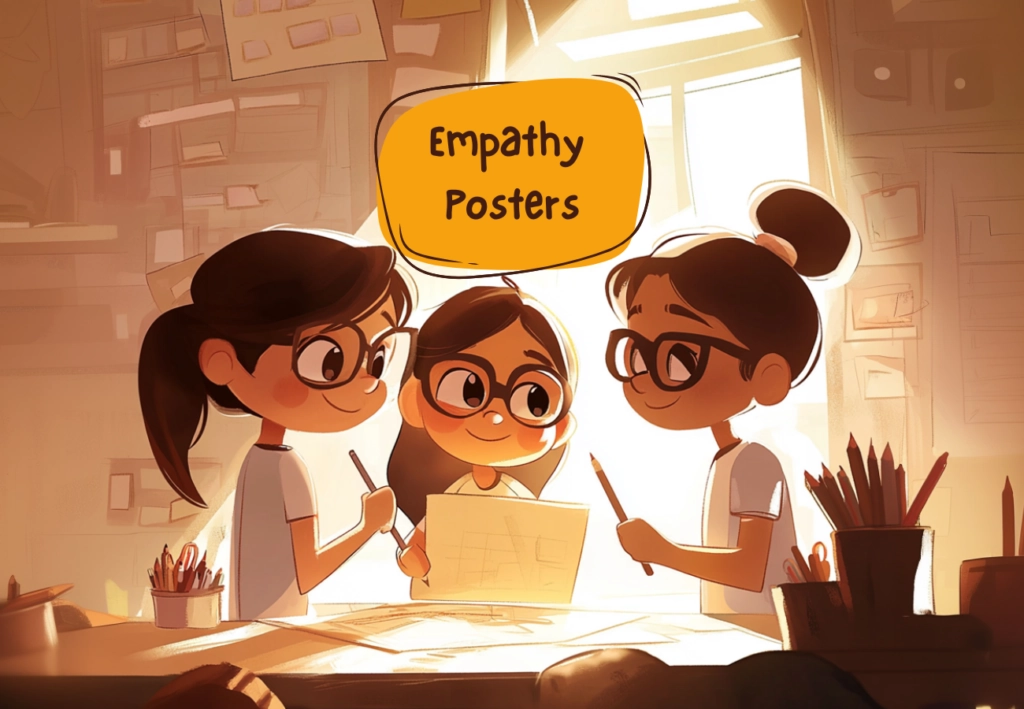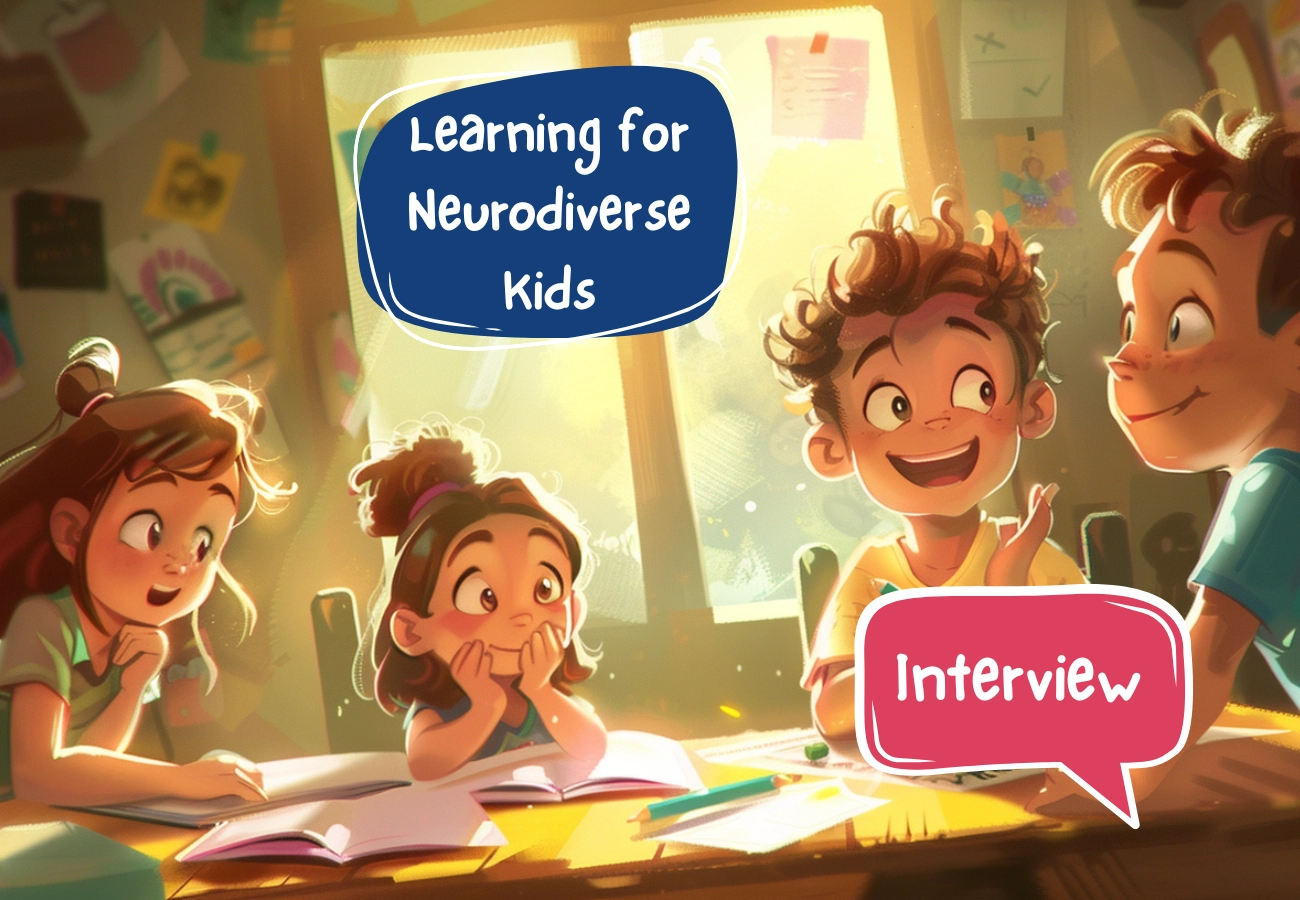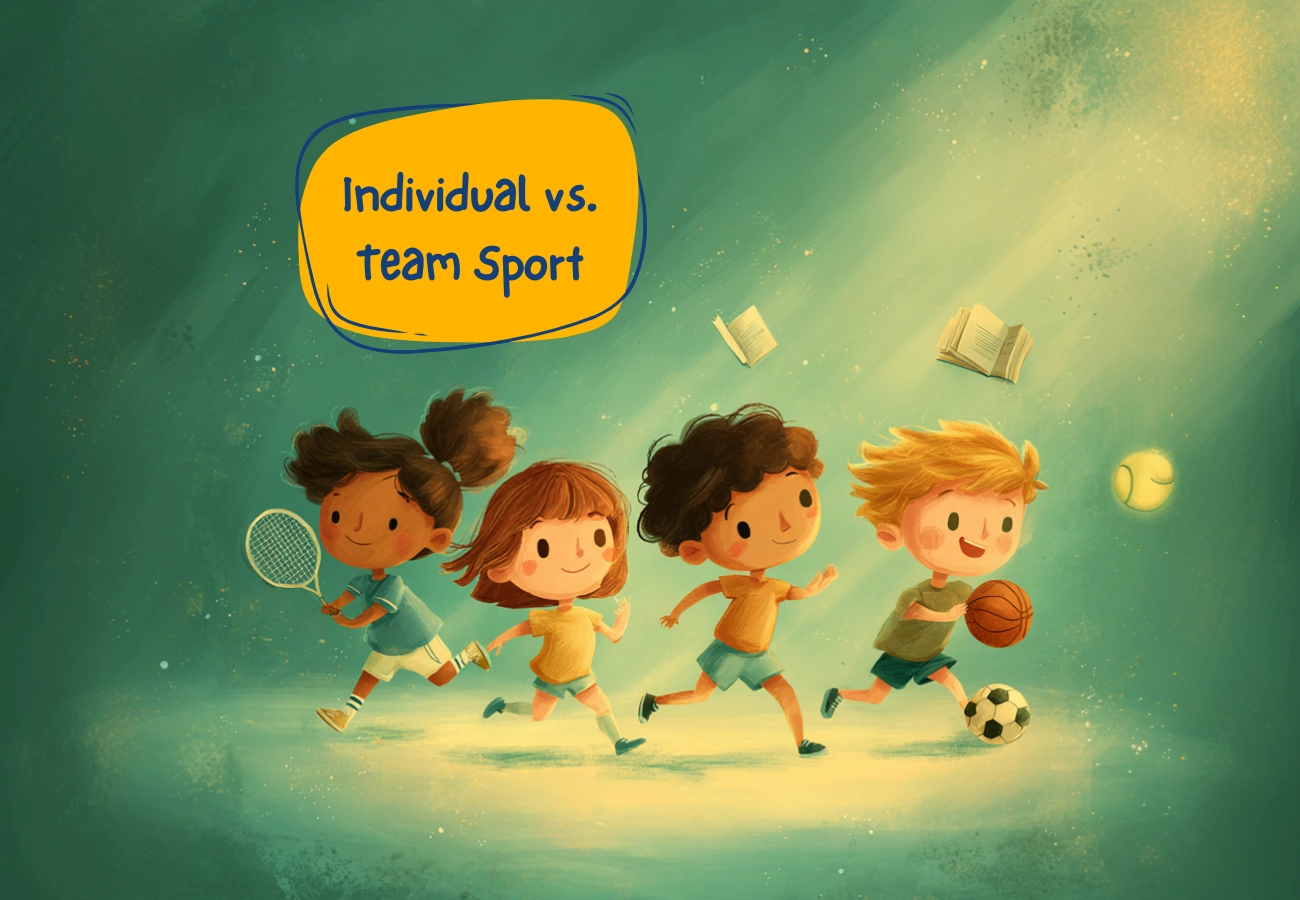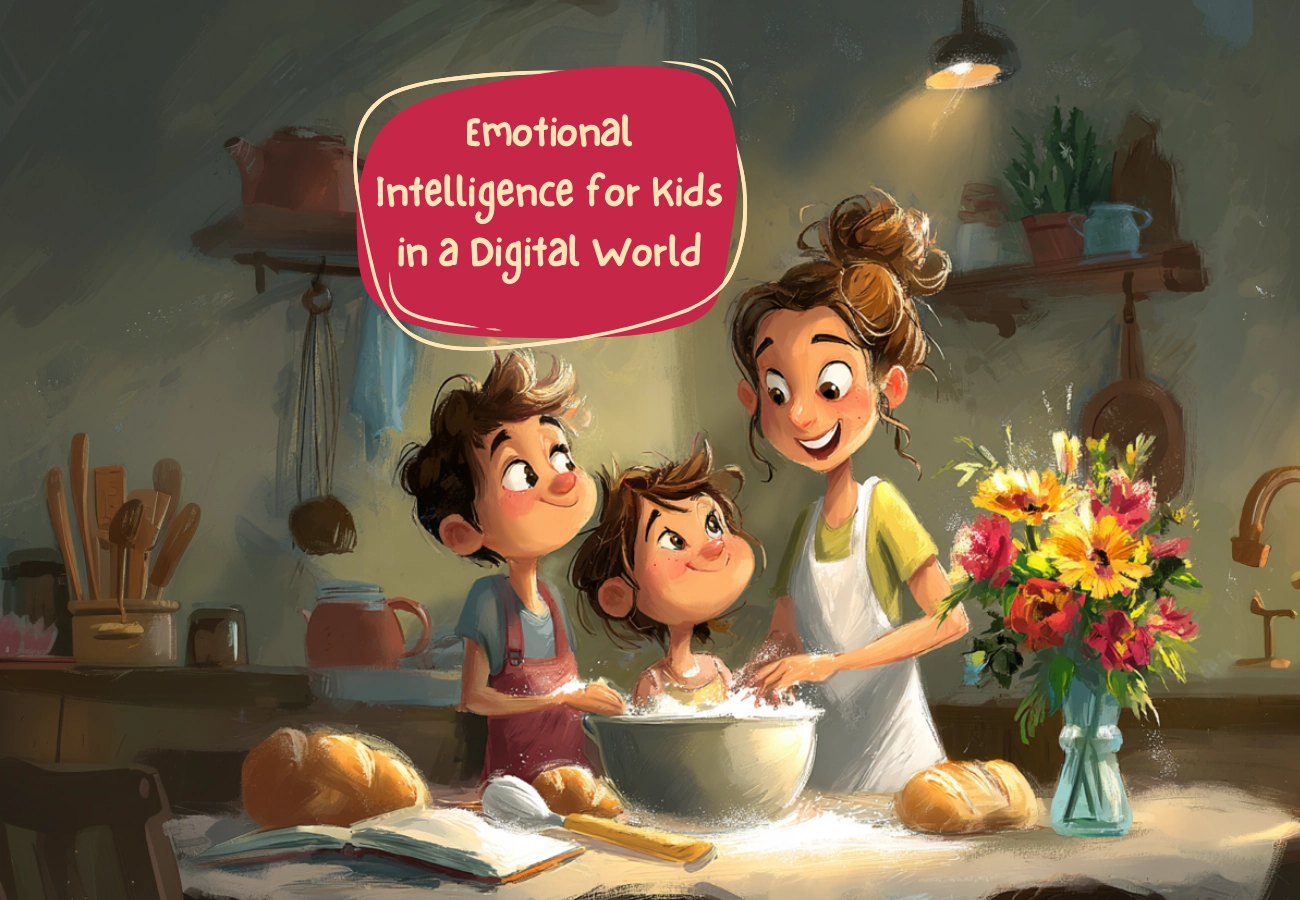Empathy Posters: Inspiring Kids to Understand and Care for Others

Empathy is one of the most essential skills we can teach children, as it helps them build strong connections, develop emotional intelligence, and foster a more inclusive and compassionate world. One fun and creative way to introduce empathy to kids is through empathy posters. These visual aids serve as powerful tools for classrooms, homes, and schools, encouraging children to practice kindness, understand emotions, and recognize the importance of caring for others. In this article, we’ll explore various empathy poster ideas, how you can make your own custom posters, and how our books can complement these posters to foster empathy in children.
What is an Empathy Poster?
An empathy poster is a visual representation that helps children understand the concept of empathy—feeling and understanding the emotions of others. These posters can take many forms, from simple drawings to more elaborate illustrations of scenarios where empathy is practiced. They serve as constant reminders for children to pause and consider how others feel in various situations, whether it’s sharing toys, comforting a friend, or standing up for someone being bullied. Teaching empathy through such visual cues makes the concept more accessible and relatable for young minds.
This daily practice helps them recognize and express their emotions, building empathy along the way. Reviewing the completed poster together at month’s end offers insights into their feelings, encourages open conversations, and strengthens your bond.
Why Are Empathy Posters Important?
Empathy posters are more than just colorful decorations—they are tools for developing emotional skills in kids. Here’s how they benefit a child’s development:
- Promote Emotional Awareness: Kids learn to recognize and label emotions, both their own and others’. This is key to developing emotional intelligence. Research shows that when children understand their emotions, they are better able to empathize with others.
- Encourage Positive Behavior: Displaying empathy posters for kids can inspire them to practice kindness, patience, and understanding in their daily interactions.
- Enhance Communication Skills: Kids are encouraged to talk about their feelings and express concern for others, improving their interpersonal communication skills.
- Build a Sense of Community: Whether in a classroom or at home, empathy posters for school help foster a supportive and caring environment. This sense of community is crucial in helping children feel safe and valued.
Empathy Poster Ideas
If you’re looking for some inspiration to create your own poster on empathy, here are a few creative ideas:
- Emotion Faces Poster: Create a poster displaying different facial expressions (happy, sad, frustrated, excited). Ask kids to match scenarios with the corresponding emotion and discuss how they would respond empathetically.
- Acts of Kindness Tree: Design a tree where kids can add leaves representing acts of kindness they’ve witnessed or performed. This not only encourages empathy but also builds a community of care.
- Empathy in Action Scenes: Illustrate different situations, such as helping someone who dropped something or comforting a sad friend, and encourage kids to add captions or speech bubbles showing empathetic responses.
- Empathy Checklist Poster: Create a checklist that kids can follow, such as “Did I listen carefully?”, “Did I try to understand how my friend feels?”, and “Did I offer help when someone needed it?” These prompts help children reflect on their actions and thoughts.
These empathy poster ideas can be further personalized with input from kids themselves, allowing them to take ownership of their empathetic actions and understand the impact of their behavior on others. According to Verywell Family, encouraging kids to think about how others feel helps them become more aware and considerate individuals.
Customizing Your Empathy Posters
If you’re looking to take these ideas a step further, making your own custom empathy poster for school or home is a great way to tailor the message to your child or classroom’s needs. Here’s how you can do it:
- Use Your Child’s Own Experiences: Personalize the posters by incorporating real-life scenarios your child has experienced. This makes the concept of empathy more relatable and practical for them.
- Add Quotes or Affirmations: Including positive affirmations or quotes about empathy can enhance the message. You can use phrases like “Kindness begins with empathy” or “How would you feel if…?” to prompt thoughtful discussions.
- Incorporate Visuals from Our Books: You can also use illustrations from our books, such as Kindness is My Superpower, to create banners or empathy posters that align with our values of teaching kindness, gratitude, and compassion. These visual aids not only brighten up the poster but also reinforce the key lessons from our books.
How to Use Our Books for Empathy Posters
Our books, especially those focusing on kindness, such as Kindness is My Superpower, are great resources for building a foundation of empathy in children. You can use scenes and quotes from the book to design your own empathy poster for kids. For example, you could print an illustration of a character performing an act of kindness or use a key phrase from the story to encourage empathetic thinking. This helps kids see empathy in action and makes the lesson more tangible.
Additionally, if you’re looking for free printable empathy worksheets, these can be a fantastic supplement to your empathy posters. Worksheets can include scenarios where kids are prompted to reflect on how others might feel or draw out their own experiences with empathy, helping to solidify these important lessons in their minds.
Empathy is a vital skill that helps children grow into caring, emotionally intelligent adults. By creating and displaying empathy posters, you give kids visual reminders of how to practice empathy every day. Whether you’re using our books as inspiration or designing your own empathy poster ideas, you’re helping to build a kinder, more understanding world—one poster at a time.
For more ideas and resources, you can explore our book collection on Alicia Ortego and start creating custom empathy posters today!
More articles

Creating Joyful Learning for Neurodiverse Kids: A Homeschooling Mom’s Journey with Alicia Ortego Books
A New Path in Education We always love hearing how our books support children and parents around the world. Recently, we spoke with a mom of three neurodivergent boys and the founder of Backyard Academy. Every day, she looks for creative ways to approach learning and parenting, and she shared with us how Alicia Ortego’s […]

Individual vs. Team Sport Activities for Your Kids: Pros and Cons
Helping children stay active and healthy often starts with sports. But deciding between individual or team sports can be tricky. Each type offers unique experiences and developmental benefits, but also has potential drawbacks. Understanding the differences can help you make informed choices based on your child’s personality, interests, and abilities. What Are Individual Sports? Individual […]

How to Nurture Your Child’s Emotional Intelligence in the Digital Age
Raising children today is nothing like it was in the 90s. Children in the 90s spent the majority of their time playing outdoors with neighbors or going to the local library or the beach. In that era, screen time mostly centered around TV, cable, or video games. But things are quite different in 2025. Kids […]



